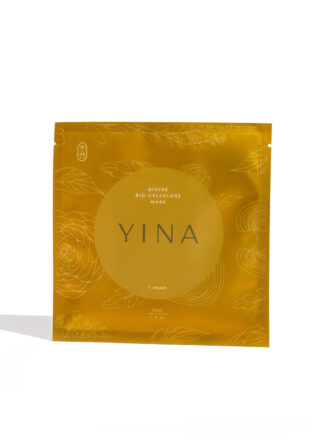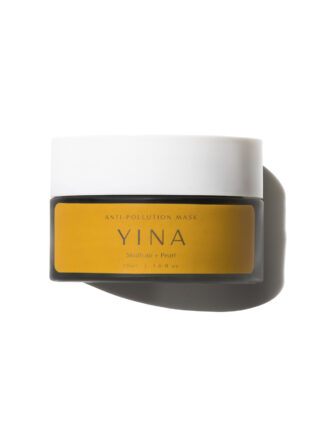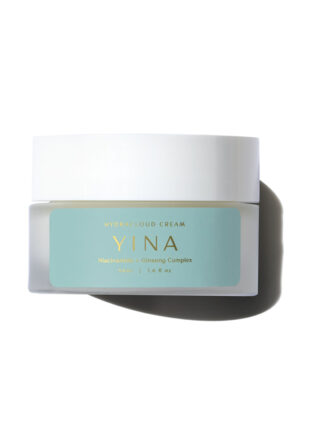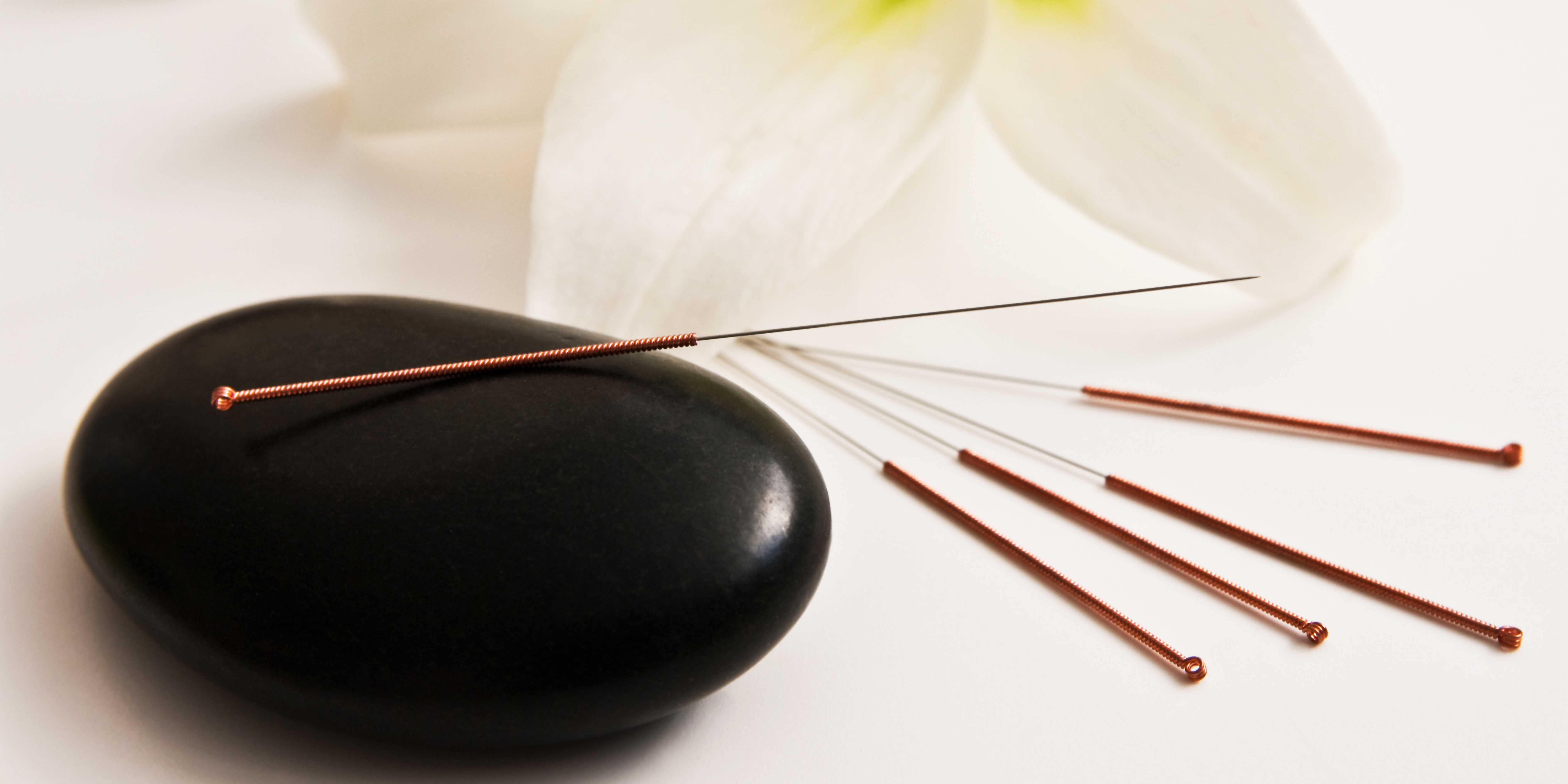
In a fast-paced world filled with stressors and uncertainties, finding effective ways to manage anxiety is of utmost importance. One such avenue of relief that has stood the test of time is acupuncture. Rooted in traditional Chinese medicine, acupuncture is an intricate practice that involves the insertion of thin needles into specific points on the body to stimulate energy flow and balance.
Central to acupuncture’s philosophy is the concept of Qi (pronounced “chee”), an essential life force that flows through channels in the body known as meridians. When this energy flow is disrupted or blocked, imbalances can arise, leading to physical and emotional distress, including anxiety. Acupuncture aims to restore the smooth flow of Qi, promoting harmony within the body.
While ancient traditions emphasize the flow of energy, modern science sheds light on how acupuncture affects the body on a biochemical level. Research suggests that acupuncture may stimulate the release of endorphins and serotonin, neurotransmitters associated with mood regulation and a sense of well-being. These effects contribute to the calming and anxiety-reducing properties of acupuncture. Imagine your brain as a luxurious spa, and acupuncture as the VIP treatment. When those tiny needles work their magic, they turn on the mood-lighting areas and dial down the stress response zones. It’s like a one-way ticket to your brain’s most chill corner.
Incorporating acupuncture into a holistic approach to anxiety management can be highly effective. Many individuals have reported reduced anxiety levels, improved sleep, and an overall sense of well-being following regular acupuncture sessions. It’s important to note that acupuncture is most beneficial when used in conjunction with other wellness practices, such as exercise, meditation, and a balanced diet.
By intertwining the principles of acupuncture with contemporary neuroscience, we find a path to greater tranquility and balance. May your journey toward holistic health be filled with serenity and self-discovery.

Diet and Chronic Fatigue: Foods to Boost Your Energy Levels
Are you struggling with chronic fatigue syndrome? Dietary changes can make a significant difference in managing your energy levels and alleviating symptoms. This comprehensive guide explores the best foods and dietary strategies to combat chronic fatigue, including nutrient-dense options, anti-inflammatory meal plans, and energy-boosting recipes. Take control of your health and learn how to fuel your body for optimal energy and vitality.
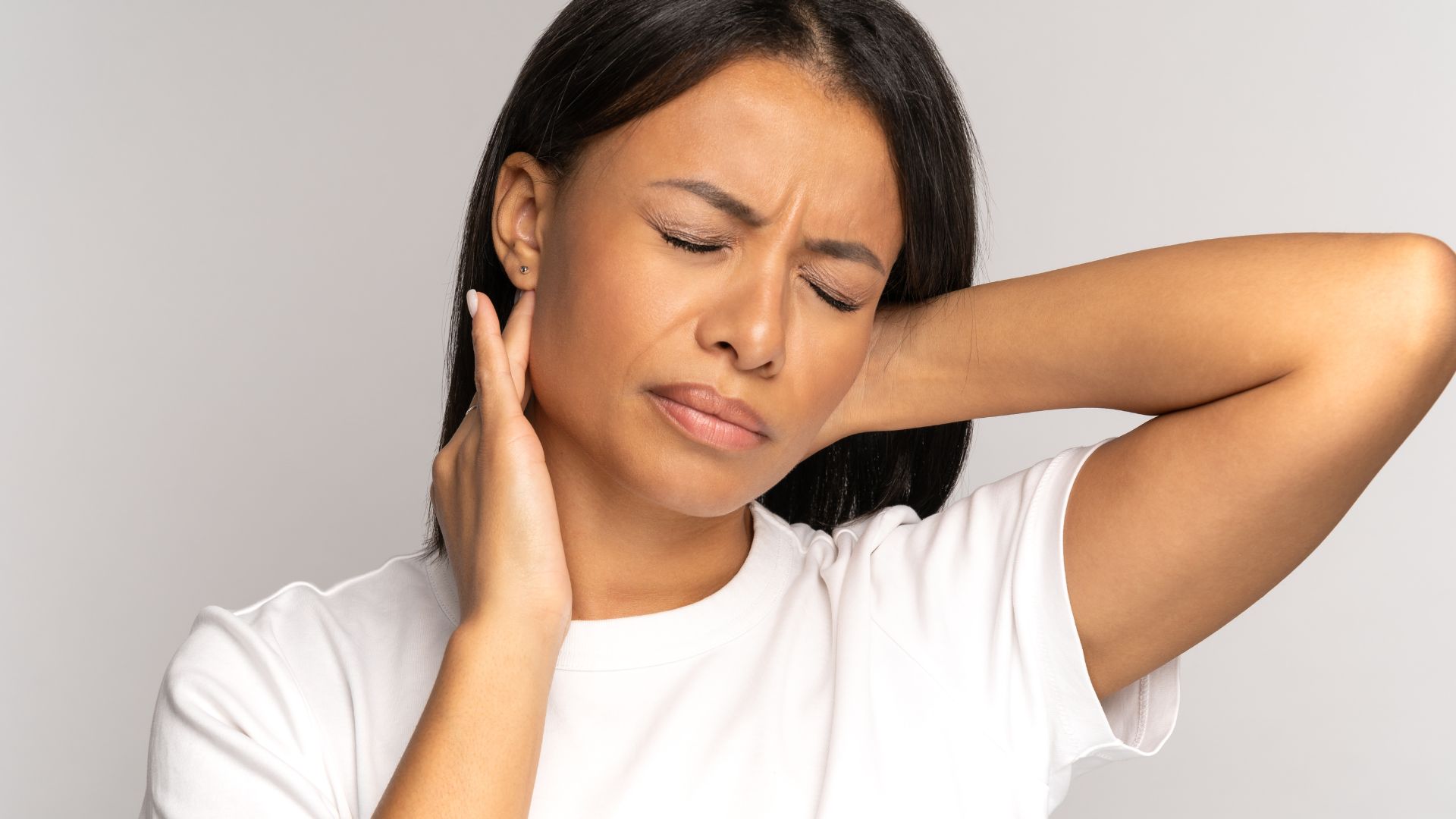
Hormonal Changes and Chronic Fatigue in Women Over 40
Are you a woman over 40 struggling with constant fatigue and low energy levels? Hormonal changes during perimenopause and menopause could be the culprit. In this comprehensive guide, we’ll explore the link between hormones like estrogen, progesterone, and thyroid hormones, and chronic fatigue syndrome in older women. You’ll learn about the common causes of hormonal fatigue, the telltale symptoms to watch for, and effective strategies to manage your energy levels naturally or with treatments like hormone replacement therapy.

Holistic Menopause Relief Through Acupuncture: My Feature in Diablo Magazine
I was recently featured in Diablo Magazine, where I shared my holistic approach to managing menopause symptoms through acupuncture. In the article, I explain how acupuncture can help balance the body and alleviate various menopause-related issues. For more details on my methods and tips for a healthy lifestyle during menopause.
instagram:

